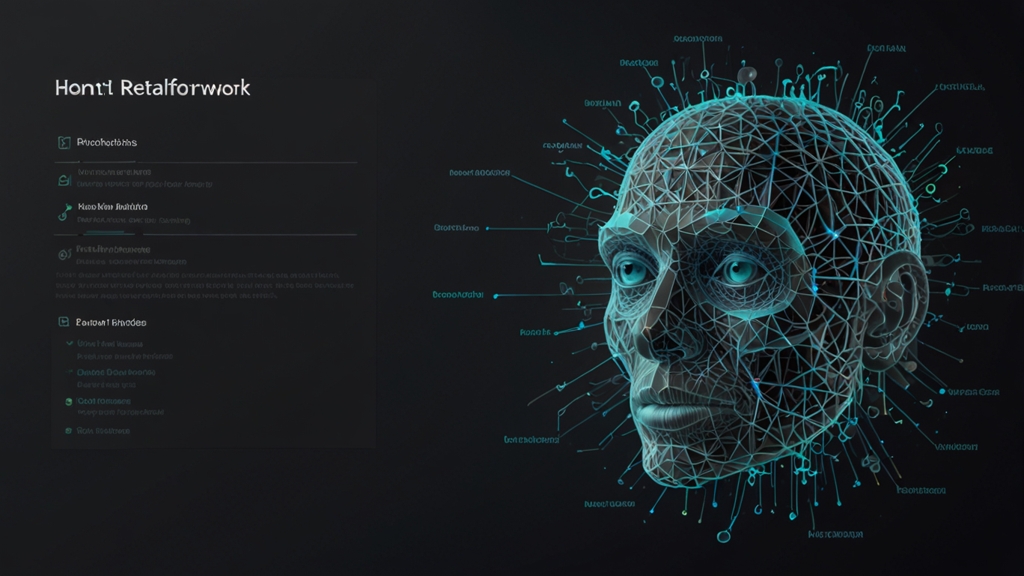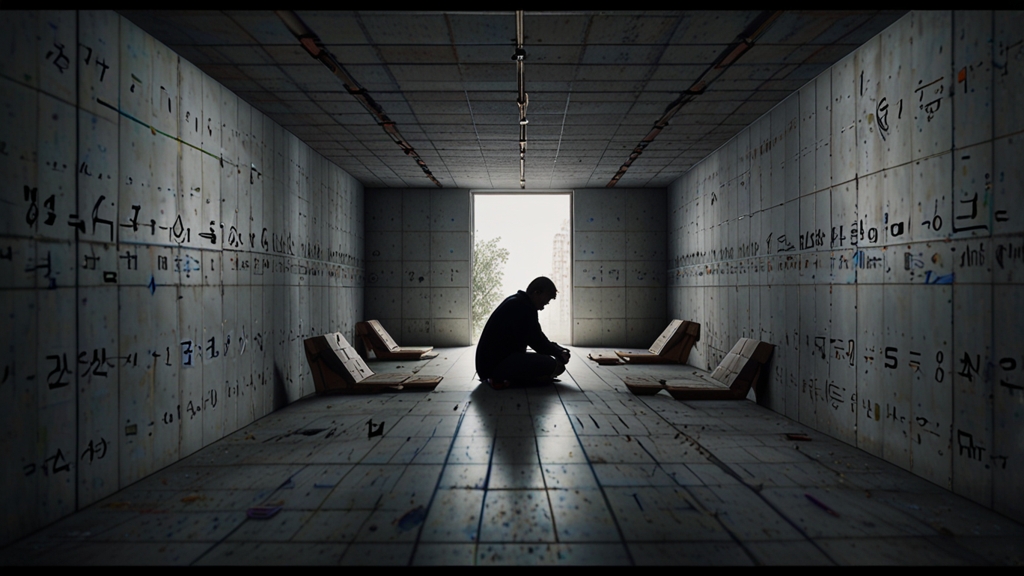Old Testament in the Modern Age: What Has Changed?
The Old Testament is a collection of ancient texts foundational to both Judaism and Christianity. Its impact on religion, culture, and moral philosophy is undeniable. But how has the perception and interpretation of the Old Testament evolved in the modern age? This article explores the shifts in scholarly analysis, religious practice, and cultural relevance regarding these ancient scriptures.
Shift in Scholarly Analysis
One of the most significant changes in understanding the Old Testament comes from advancements in biblical scholarship. Modern scholars employ a variety of critical methods such as historical-critical analysis, literary criticism, and archeological findings to gain a deeper understanding of these texts. This multi-disciplinary approach has helped to contextualize the Old Testament within the ancient Near Eastern milieu in which it was written.
Moreover, discoveries like the Dead Sea Scrolls have provided more textual evidence, helping scholars to understand the development and transmission of these scriptures over time. These insights often challenge traditional interpretations and invite believers and non-believers alike to reconsider the origins and meanings of the Old Testament.
"Academic rigor has vastly expanded our understanding of the Old Testament, yet it also presents a challenge to traditional beliefs. The balance between faith and critical inquiry remains a delicate one," notes Dr. Rebecca Goldstein, a biblical scholar.
Changes in Religious Practice
Religion is not static, and neither is the interpretation of sacred texts. In the modern era, many religious communities have had to reconcile ancient scriptures with contemporary values and ethical standards. This has led to a range of responses from different denominations and religious traditions.
For instance, some Christian denominations have embraced a more allegorical or metaphorical approach to the Old Testament, focusing on its moral teachings rather than its literal historicity. Jewish communities also engage with the Old Testament, or Tanakh, through a lens that incorporates centuries of rabbinical commentary and modern scholarly insights.
"For many, the key to harmonizing ancient texts with modern life lies in interpretation. Texts that seemed rigid and fixed now breathe with renewed significance when viewed through a contemporary lens," observes Rabbi Jonathan Sacks.
Cultural Relevance in the Modern Age
The Old Testament continues to exert considerable influence on modern culture, albeit in ways that are often complex and multifaceted. Its stories, characters, and themes permeate literature, art, and even politics. For instance, narratives like the Exodus and the creation story resonate in discussions about freedom, justice, and human origins.
However, its cultural footprint is not without controversy. Debates over issues like gender roles, sexuality, and social justice frequently invoke Old Testament scriptures, leading to polarizing viewpoints. This underscores the text's enduring power and the necessity for thoughtful interpretation.
"The Old Testament remains a cornerstone of cultural and ethical dialogue. Its stories are not just relics of the past but are lenses through which we can examine our values and aspirations," states author Karen Armstrong.
Future Perspectives
As we move further into the 21st century, the Old Testament will continue to be a subject of intense study and debate. The integration of newer technological tools like digital humanities projects, AI, and machine learning in biblical studies promises to uncover even more nuances and layers within these ancient texts.
Furthermore, interfaith dialogues and cooperative scholarly endeavors may help to bridge gaps between different religious traditions and perspectives, fostering a more inclusive understanding of these seminal scriptures.
In conclusion, while the Old Testament remains an ancient collection of texts, its role and interpretation in the modern age are dynamic and evolving. Academic advancements, changes in religious practices, and its pervasive cultural influence all contribute to a richer, more nuanced understanding of these timeless writings.
The question is not whether the Old Testament is relevant in the modern age, but how it will continue to shape and be shaped by the world we live in.












